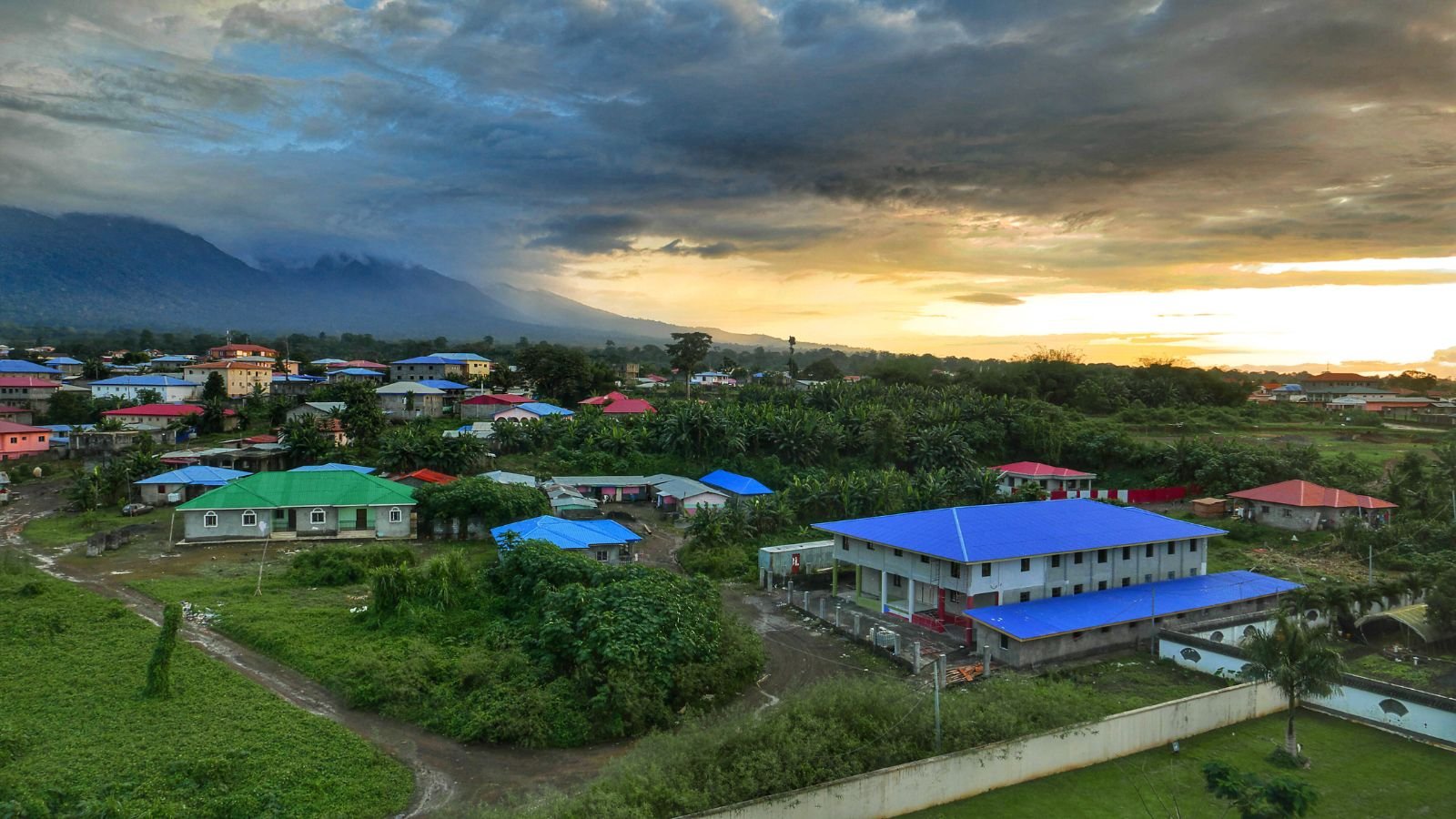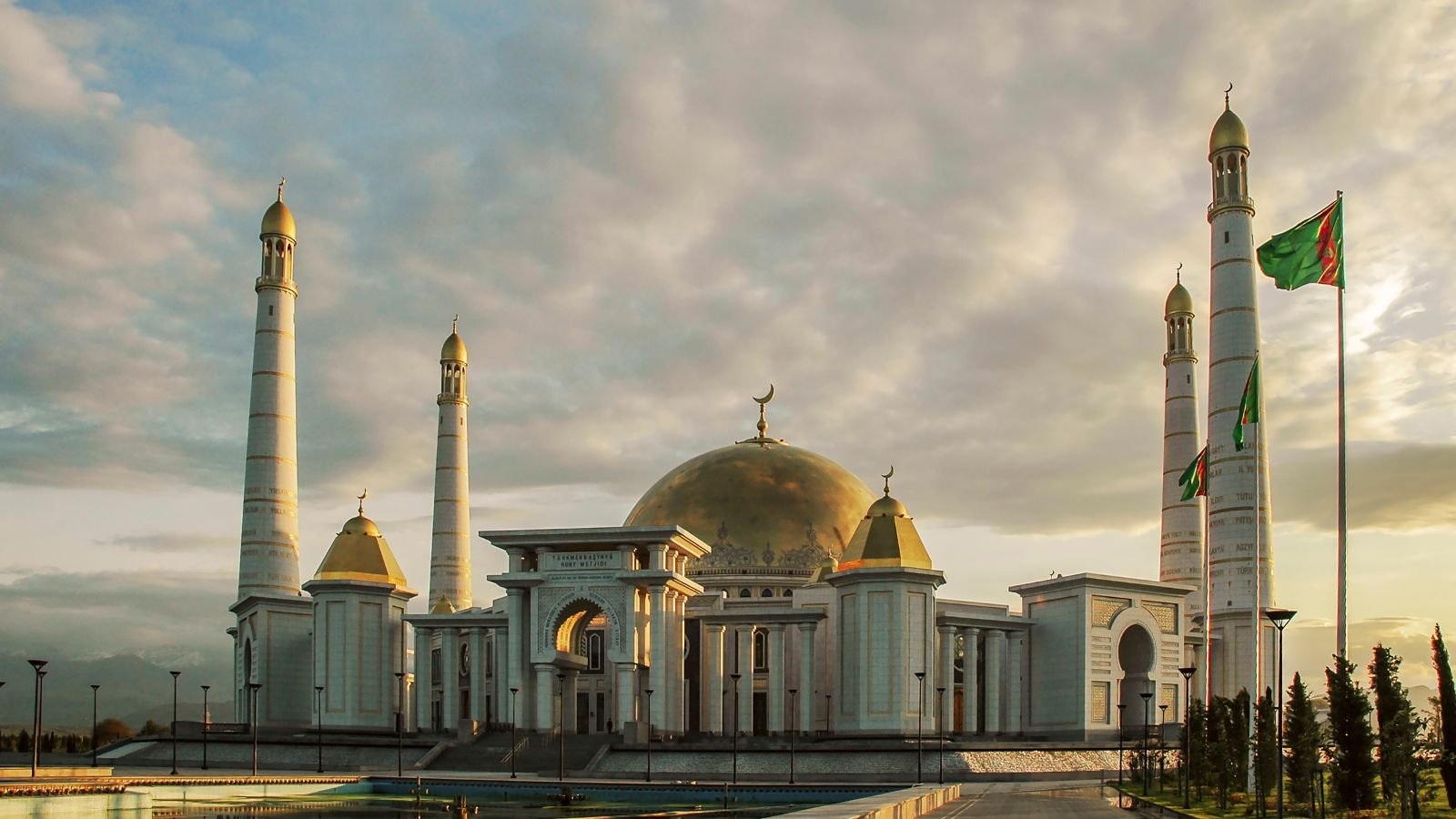In a world where integrity should be the cornerstone of public service, corruption often rears its ugly head, undermining trust and fostering inequality. Transparency.org’s Corruption Perceptions Index (CPI) annually ranks 180 countries on perceived corruption levels. This article explores the ten most corrupt countries, shedding light on the factors contributing to their ranking and the implications of their corruption.
Somalia

CPI Score – 11
Rank – 180
According to Transparency International’s annual Corruption Perceptions Index, Somalia is the most corrupt country in the world. While its position remains the same as last year, its score decreased from 12 to 11 in 2023. Somalia has been in turmoil for over 30 years, and corruption is out of control. The country has suffered from wars, state failure, and insecurity, making it easy for corruption to grow.
Venezuela

CPI Score – 13
Rank – 177
Venezuela is the second most corrupt country in the world, with a low score of 13 on a global index. Its government is full of corruption and crime, which affects how the country is run. Corruption is also common in the government’s deals and programs, especially drug trafficking. Venezuela has a lot of corruption in its society, which got worse after the discovery of oil here in the early 1900s. Corruption and bad management have caused severe economic problems, which are part of the crisis in Venezuela.
Syria

CPI Score – 13
Rank – 177
Syria is very corrupt, with people in power using their positions for their own benefit. Syria scored a 13 on the CPI scale. This ranking placed Syria second lowest, alongside Venezuela, among the 180 countries in the Index. Destruction of essential infrastructure and loss of life, coupled with years of economic negligence, have left the Syrian economy in tatters.
South Sudan

CPI Score – 13
Rank – 177
South Sudan is plagued by severe corruption and elite greed. A few influential people have built a system that controls the whole economy. This system emerged quickly since South Sudan became self-governing in 2005 and fully sovereign in 2011. The Human Rights Commission in South Sudan told the Human Rights Council in Geneva that South Sudan’s leaders are harming human rights and security by looting vast amounts of money and wealth from public funds and resources.
Yemen

CPI Score – 16
Rank – 176
Yemen is the Middle East’s poorest country, with a very high fertility rate, severe levels of child hunger, and rapidly depleting sources of oil and water. Yemen faces widespread corruption, poverty, and inequality. The Carnegie Endowment for International Peace says corruption is “so deep-rooted and widespread” that many people feel helpless. The crisis is worsened by the government, corrupt power groups, and many “ghost workers” who get paid but do not work.
North Korea

CPI Score – 17
Rank – 172
Corruption is a widespread and growing problem in North Korea. The state media admits that corruption is widespread and affects many aspects of life. Many people rely on illegal markets to survive, but they face extortion and harassment from officials. The military gets more money than those suffering from hunger and poverty. Experts say corruption is rooted in the regime’s lack of accountability and transparency.
Nicaragua

CPI Score – 17
Rank – 172
Nicaragua is one of the most corrupt countries in the world, with a CPI score of 17. The government of Daniel Ortega and Rosario Murillo has repressed civil and political rights, arrested and prosecuted critics, and canceled the legal registration of many NGOs and universities. The lack of judicial independence and accountability makes justice for victims of human rights violations unlikely. Corruption affects many aspects of Nicaragua, from the economy to the elections.
Haiti

CPI Score – 17
Rank – 172
Haiti is a country that faces many challenges, such as poverty, natural disasters, political instability, and violence. Corruption is one factor that worsens these problems, as it undermines the rule of law, democracy, and public services.
A 2020 report by the US Department of State on human rights in Haiti said that despite many reports of government corruption, wrongdoers operate with impunity. The report said the country’s Senate has never prosecuted a high-level official accused of a crime as the Constitution requires.
Equatorial Guinea

CPI Score – 17
Rank – 172
Corruption in Equatorial Guinea is a severe and widespread problem that affects its citizens’ political, economic, and social rights. According to various sources, the country is ruled by a small group of influential individuals who exploit its vast oil wealth for their own benefit while neglecting the basic needs and welfare of most of the population. The country ranks among the lowest in the world in terms of governance indicators, transparency, and human rights. Corruption in Equatorial Guinea has been described as “an almost perfect kleptocracy” and “unparalleled in its brazenness.”
Turkmenistan

CPI Score – 18
Rank – 170
Turkmenistan is near the bottom of several annual indices that measure corruption, such as the Corruption Perceptions Index and the Index of Economic Freedom. A handful of influential people have abused the country’s vast oil resources for their gain. There are no independent institutions or bodies to combat corruption, which is widespread in both public and private sectors. Corruption in Turkmenistan also enables human rights abuses and democratic decline, as the government restricts civil liberties and sidesteps essential checks and balances.
